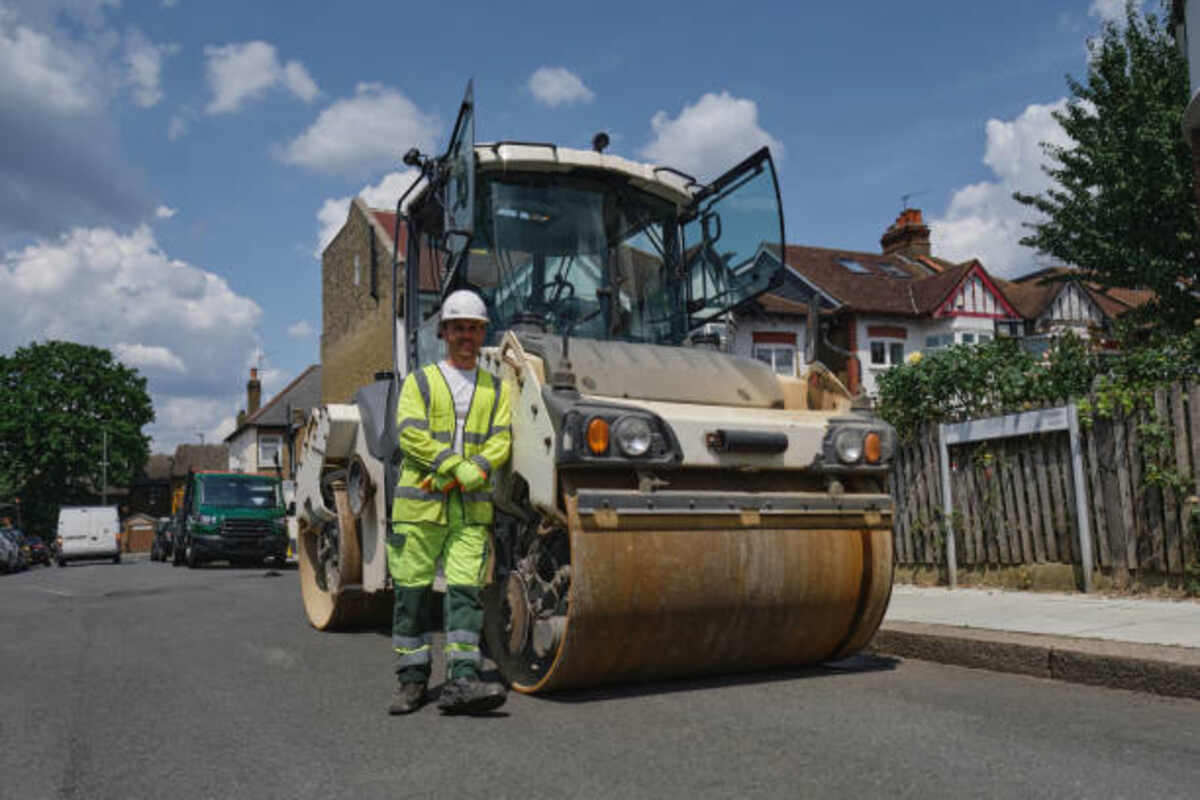How Much Does Asphalt Paving Cost?
Asphalt paving is a popular choice for driveways, parking lots, and other commercial and residential projects; however, its costs will depend on project size and scope. Choose the best Asphalt Paving Contractors Memphis.
Before hiring a contractor, ensure to obtain multiple estimates and compare their work. Pick a firm with years of experience and a solid track record.
Cost of Materials
Asphalt paving material offers an economical solution to numerous road and driveway projects, making asphalt an excellent cost-saving choice. Flexible and versatile, asphalt adapts well to various temperatures and weather conditions – this adaptability makes asphalt an ideal choice for high-traffic areas.
There are various asphalt materials used for pavement, and each has its advantages and disadvantages. Hot mix asphalt, which must be heated to higher temperatures before installation can occur, is typically the go-to choice, yet only during specific windows of time where temperatures allow proper installation.
A cold patch asphalt is an economical option suitable for repair work and small-scale paving projects while being less costly than its hot mix counterpart and using less fossil fuel resources to produce. Porous asphalt also allows water to pass through its surface into an underground recharge bed beneath the pavement to reduce road noise while improving groundwater quality – these options may be less widely used but provide long-term solutions.
Cost of Labor
Asphalt is a widely used material for building roads, parking lots, and driveways. With high resistance to deformation under heavy truck loads and its flexibility, making modifications simple, various asphalt mixes exist to suit multiple purposes.
Before laying asphalt, contractors must prepare the site. This involves clearing away unwanted vegetation, removing existing pavement, grading land to create an even surface, and installing drainage systems as required by project size. All this work may prove labor intensive – therefore, contractors should carefully consider their labor requirements when planning this step of their job.
Next is to lay a base layer composed of aggregate materials. This layer may consist of crushed stone or recycled asphalt topped off with gravel for improved drainage, followed by the binder layer, which contains bitumen to hold aggregates together and help them keep together during construction. After asphalt is placed, it must be compacted thoroughly using special equipment and allow time for cooling and hardening before traffic can use the new surface.
Cost of Equipment
Asphalt paving is an intricate process requiring expensive equipment and meticulous planning. Pavers utilize milling machines and graders to prepare surfaces before an asphalt paver lays it out and compacts it, along with rollers to compact it further. All of this equipment must be well maintained as any breakdown could delay project completion and cost extra in terms of labor, fuel costs, and other expenses.
Asphalt paving costs also cover the truck needed to transport materials and equipment, as well as daily haulage costs. A contractor must determine their daily asphalt needs before selecting equipment suitable for their business – tilt hopper (gravity) pavers can work well if they expect to lay between 100 to 150 tons a day; conversely, conveyor-fed pavers are more suitable if paving at higher volumes.
Some contractors choose to purchase or lease asphalt paver equipment outright; others may opt to lease it instead, saving on upfront capital and paying back over time through monthly installments.
Cost of Permits
When hiring an asphalt paving contractor, they must be licensed and insured. An experienced asphalt contractor who understands local code requirements will be more capable of getting the job done faster while hiring unlicensed contractors could cost you fines or penalties.
Permit costs associated with asphalt paving can vary based on the nature and scope of work being performed and the size of the project undertaken; permit prices fluctuate by location and the type of asphalt being used – hot mix asphalt (HMA), porous asphalt and hot mix asphalt cement can all affect final project costs, with HMA being an aggregate material combined with liquid asphalt cement at high temperatures while porous asphalt allows water to drain through it more freely, decreasing stormwater runoff while improving traction during wet conditions.
Preliminary work must be undertaken before laying asphalt on any area, which includes demolishing existing pavement, excavating soil as needed, and grading it for proper drainage. Once compacted using special machinery, this area will support heavy traffic loads over time and last longer.
Cost of Waste Management
Waste materials that have accumulated can be recycled and used in asphalt paving to help lower environmental impacts, increase recycling efforts, encourage waste management efforts, and minimize the use of fossil fuel resources. Utilizing recycled material in pavement construction and rehabilitation also helps lower maintenance costs by decreasing upkeep expenses.
Reusing asphalt in paving projects can save up to 50 percent off the costs associated with new materials, thanks to reduced labor and energy expenses as well as repair needs. Furthermore, using reclaimed material helps meet local government skid resistance regulations more quickly as it can be modified easily to conform with these specifications.
Your choice of asphalt will have an enormous impact on the costs associated with your project. Hot mix asphalt typically costs $100-200 per ton; other options, such as w, arm mix, and porous asphalt, could reduce these expenses further. The warm blend is produced at lower temperatures using less fuel, while porous asphalt minimizes runoff while still draining properly, saving money on grading and leveling costs.
Read also: How Can I Start A Real Estate Business?


